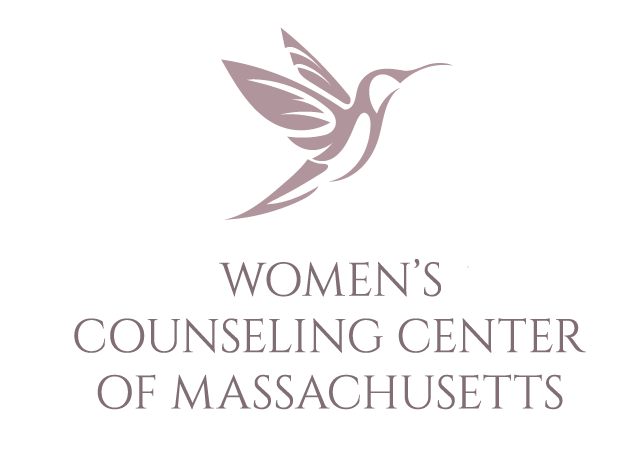Moving Into Motherhood Together

Women’s Counseling Center of Massachusetts specializes in supporting women through the challenges faced as they embark through motherhood. We specialize in addressing concerns that arise during the preconception period, pregnancy, postpartum, and beyond.
“No one told me it would be this hard.”
Motherhood can bring about dramatic changes – our relationships, routines, bodies, and even our mental health. Sometimes there is a sharp contrast between what society recognizes as the normative experience for new mothers versus the reality faced by many women. For example, it’s believed that 85% of women experience some form of emotional distress during pregnancy or following the birth of their child.
Motherhood can feel isolating at times, and many new mothers attempt to hide or underplay their perinatal mental health symptoms and avoid seeking support. This is a serious concern as women are more likely to develop depression and anxiety during the first year after childbirth than at any other time in their lives.
Marital strain can intensify in the first year postpartum, which can be a significant stressor experienced by new parents.
Debunking the myths and misconceptions surrounding motherhood
The term “postpartum depression” is often used to generalize a range of emotional distress that can affect mothers during pregnancy and the postpartum period; however, these conditions are much broader than depressive symptoms alone. There is a spectrum of disorders that can affect mothers, referred to as perinatal mood and anxiety disorders. 1 in 5 women experiences a perinatal mood or anxiety disorder. These disorders occur during pregnancy and up to a year following the birth of their child. Developing a perinatal mood or anxiety disorder is considered the most common complication of pregnancy.
Symptom onset for perinatal mood and anxiety disorders may be gradual or sudden and usually present within three weeks to three months after birth. Still, they can occur anytime during the first year after delivery.
Many misconceptions exist around perinatal mood and anxiety disorders. One of the most common examples is that “Baby Blues” and Postpartum Depression are the same – however, this is not true. “Baby Blues” are exceedingly common and consist of mild symptoms, last a week or two, and resolve on their own. On the other hand, symptoms of Postpartum Depression are usually more severe or debilitating and require treatment as they don’t typically resolve on their own.
Assessment and treatment of perinatal mood and anxiety disorders are critical for the health and wellbeing of any mother who may be experiencing symptoms.
Babies and Small Children (under the age of 3) Welcome!
We never want a lack of childcare to be a barrier to treatment for any mother; therefore, clients are encouraged to bring their little ones with them to appointments if needed. Babies and small children under the age of three are welcome in session.
Women’s Counseling Center of Massachusetts specializes in treating the following:
- Birth Trauma Resolution
- Infertility
- Perinatal Mood and Anxiety Disorders (PMADs)
- Perinatal Anxiety
- Perinatal Depression
- Perinatal Panic Disorder
- Perinatal Obsessive-Compulsive Disorder
- Postpartum Post-traumatic Stress Disorder
- Pregnancy Loss, Infant Loss, or Pregnancy Termination
- Postpartum Adjustment
If you’re in crisis, call the hotline or contact the Crisis Text Line by texting TALK to 741741, call 911, or go to your nearest hospital.
